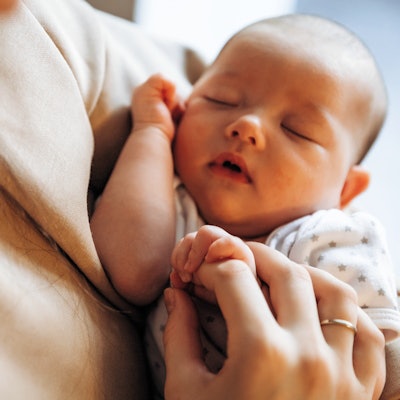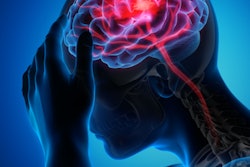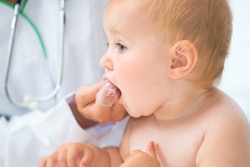
Have you ever wondered what's in a kiss? Research suggests that kissing may have broader evolutionary significance than social and romantic implications. The article was published in the June edition of the Journal of the American Dental Association.
Since early hominid development, intimacy and physical touch have been important for social and health purposes. Bonobos, prairie dogs, and even the ant species Cardiocondyla elegans engage in kissing.
"The discovery of kissing in a number of species suggests that it facilitates the exchange of information crucial for navigating the interactions of social groups," wrote Dr. Tim Wright of the University of North Carolina at Chapel Hill in the editorial (JADA, June 1, 2022, Vol. 153:6, pp. 493-494).
Kissing and sharing food signals intimacy. In addition, human salivary levels of cortisol increase with stress, and animal studies suggest that saliva extends cues for sociosexual partner selection. Although there are cultural and societal differences in intimacy, interpersonal physical touch is socially important across the world.
Recent research has explored mechanisms in which children learn how the people around them relate to one another. Researchers evaluated how infants and toddlers draw conclusions about the nature of relationships, such as those shared by relatives.
Within the study, these relationships were referred to as "thick," which were characterized by strong attachment levels, mutual responsiveness, and obligations. Study findings indicated that infants and toddlers conclude that people sharing saliva through sharing food or kissing are in "thick" relationships.
Close social contact between humans was known to be associated with the transmission of diseases even before the discovery of disease-causing pathogens. Limiting physical contact to close relationships only may have evolved from the need to minimize disease transmission. The COVID-19 pandemic highlighted this point, as many people limited their contact to a close network of family and friends.
Oral health implications for kissing infants and toddlers
An oral health study conducted in 1960 concluded that hamsters lacking oral microbiota did not develop caries even when they were exposed to carbohydrates. Study findings also showed that when animals were immunized with the streptococci species from human carious lesions and fed sugar water, they developed caries, and the oral bacteria could be spread from animal to animal. This study helped lead to the conclusion of caries being an infectious and transmissible disease.
Since 1960, millions of dollars in research has been spent on caries interventions. A variety of approaches toward a caries vaccine and attempts to prevent vertical transmission of mutans streptococci have been considered. Oral health recommendations were made to prevent oral microbiota transmission between caregivers and infants. Advice included not sharing food with infants or kissing them on the mouth.
Children initially inherit much of their microbiota from their birth mothers and caregivers, including their oral microbiota. As their social and environmental contacts develop, they have new exposures and their microbiota changes.
Research is continually being conducted to gain a greater understanding of the human microbiome.
"Our knowledge of the human microbiome, how it is transferred and acquired, and the many complex interactions and relationships between humans and our cohabitating microorganisms remains rudimentary," Wright wrote.
Is it safe to share food with and kiss infants and toddlers? The answer is not simple. Pathogens and disease can spread from close physical contact and an exchange of bodily fluids, like saliva. Newborns with immature immune systems should be protected, as infections can be fatal. Conditions like mononucleosis can be transmitted through saliva by deep kissing, and mononucleosis is thought to potentially be transmitted in children through food and utensil sharing.
There is no clear evidence that food and utensil sharing transmits infections leading to caries. Caries is associated with fermentable carbohydrate consumption and oral dysbiosis. It is not spread via the transmission of specific microbes as found with other infectious diseases. Parents kissing their children helps build their "thick" relationship with their child and sends critical psychosocial messages of affection and bonding.
"We do know that the consumption of refined carbohydrates is associated with the development of caries, so maybe giving the kiss and not the sugar and candy makes for both a healthier and happier relationship," Wright concluded.



















